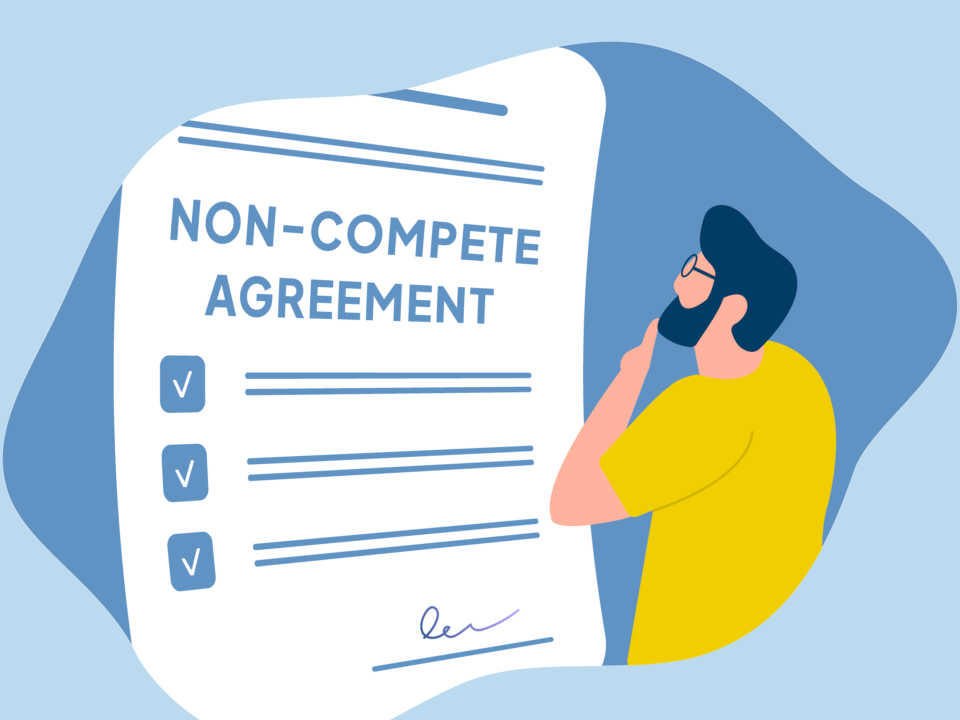Artificial Intelligence (“AI”) is perceived as a potential game-changer across multiple industries, and is probably the most significant development in recent memory. Businesses are carefully looking at the impact of AI in improving the productivity of their employees and reducing the risk of human error. In addition to these potential benefits, businesses should likewise consider the legal aspects of adopting AI as a business tool.
Here are some key considerations for businesses and employers who are keen on wading into the AI pool:
- Verify information provided by AI
A recent case involving an attorney who cited fake decisions in his court submissions highlights the importance of verifying information provided by AI systems, especially when such information will be used in mission critical applications. It is imperative for businesses to provide specific guidance to employees not to blindly rely on information provided by AI systems.
- Ensure protection of personal and confidential information
The use of AI systems can lead to loss of critical business information, leaking of trade secrets, and unauthorized disclosure of personal and/or proprietary information. This would, in turn, result in unnecessary and costly regulatory and contractual exposure. It is thus crucial for employers to set clear policies to ensure that trade secrets are protected whenever AI tools are utilized. It would also be prudent for employers to tighten up clauses in their employment agreements regarding the safeguarding of trade secrets and personal information, and implement training in information security and data privacy in light of developments in the use of AI systems.
- Determine the AI system’s limits on liability prior to use in the business
It is very important to verify that the AI system’s usage agreements contain express covenants of liability for compliance with legal and regulatory standards, as well as indemnity and liability obligations with respect to damages resulting from use of the technology. Businesses should always take appropriate measures to ensure that they are adequately protected from liability when venturing into new business segments or implementing unproven technologies and/or business operations.
- Consider the legal and ethical impact of AI on labor relations
While the underlying technology behind AI is certainly impressive, AI should never replace the human element in labor relations. AI systems are reliant only on numerical and measurable data, and do not include intangible aspects such as teamwork and leadership ability, empathy, motivation and other soft skills. The decision-making process on employees and potential hires should always involve “human considerations” as the core.
Moreover, managing organizational changes such as layoffs, re-assignments, or rationalization programs should not be left to AI systems which do not consider biased criteria such as race, gender, marital status, etc. Employers should ensure that the AI tools take such considerations into account in making these decisions and that, ultimately, human intervention at crucial points of the process is necessary. An employer could be exposed to potential violations of a multitude of state and federal labor laws if it relied solely on AI to make such decisions.
- Keep up to date on regulatory developments
The use of AI systems is a continuing discussion that has accelerated considerably, from both a commercial and legal standpoint. Businesses and employers should keep themselves informed about ongoing developments in the regulatory environment to properly anticipate and take advantage of these emerging standards.
It is important for employers and businesses to work with informed legal counsel to ensure that their use of AI systems is both beneficial to the business and compliant with existing laws.
For further information or advice on best practices around implementing AI into your business operations, please contact our team of top technology and business lawyers at The RAD Firm.






